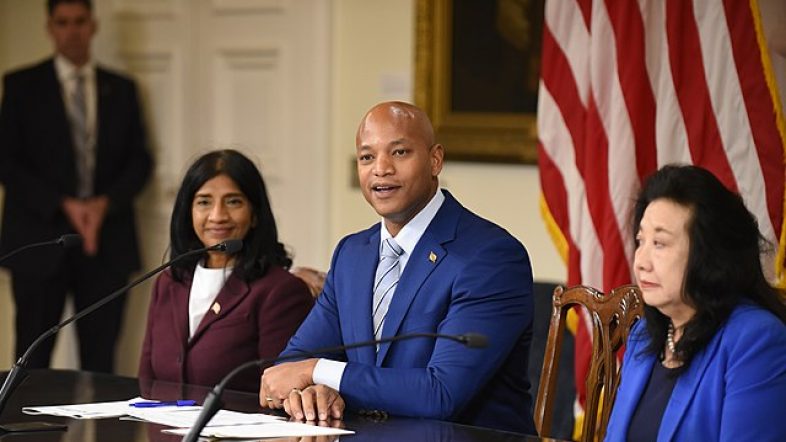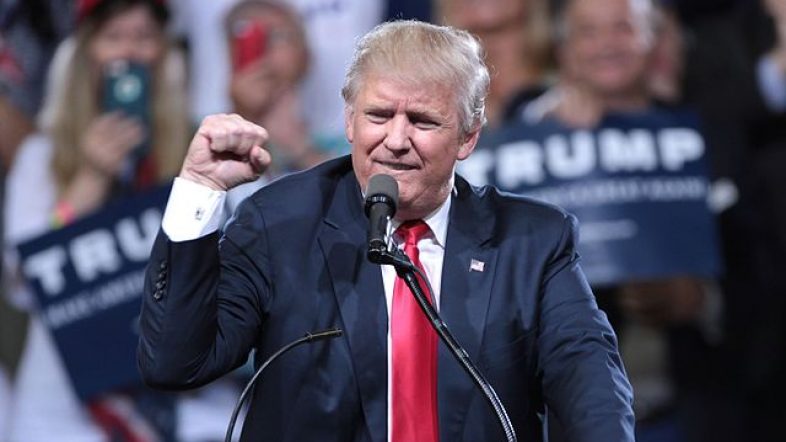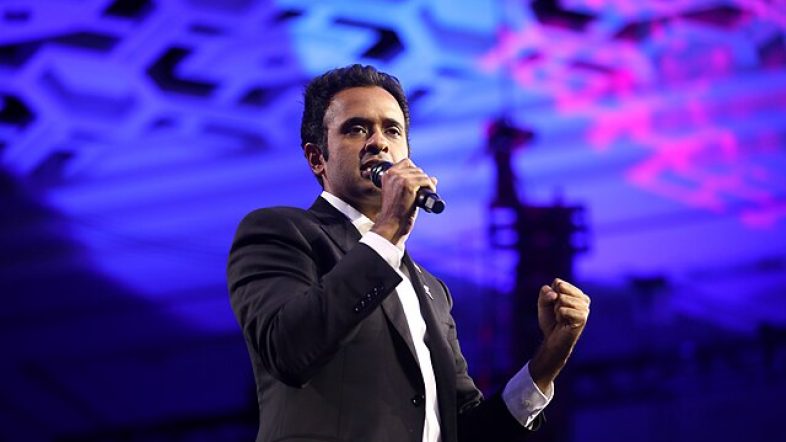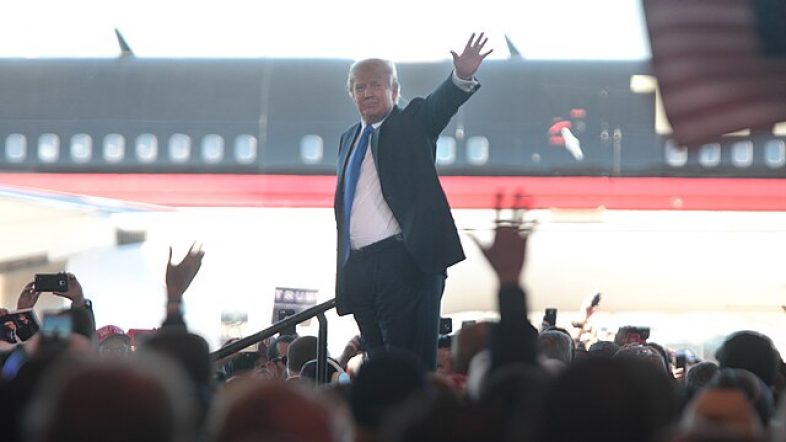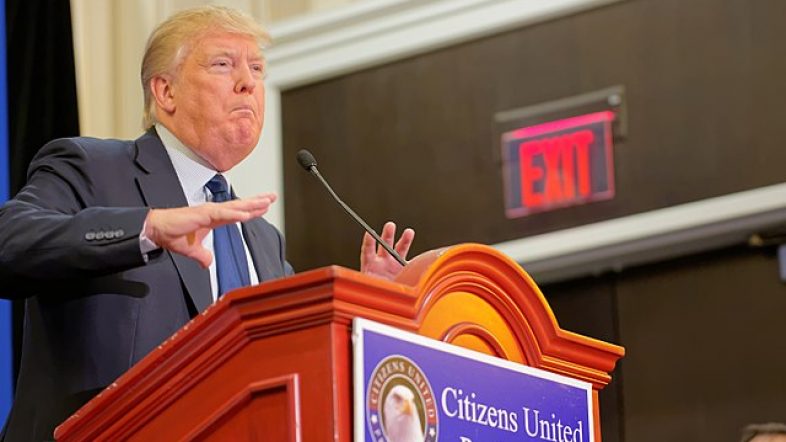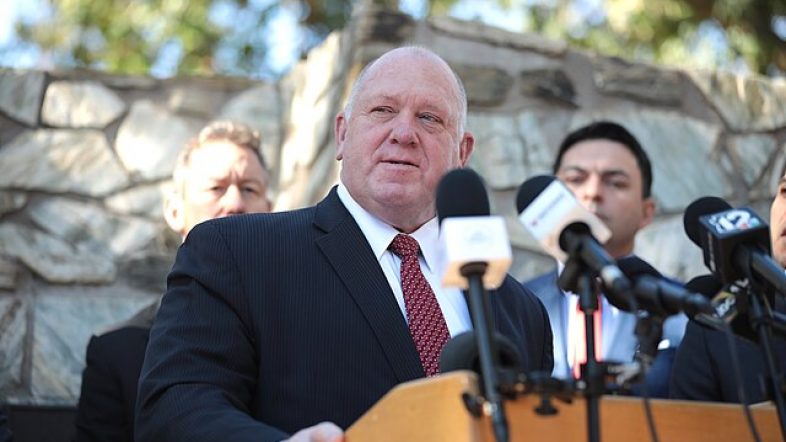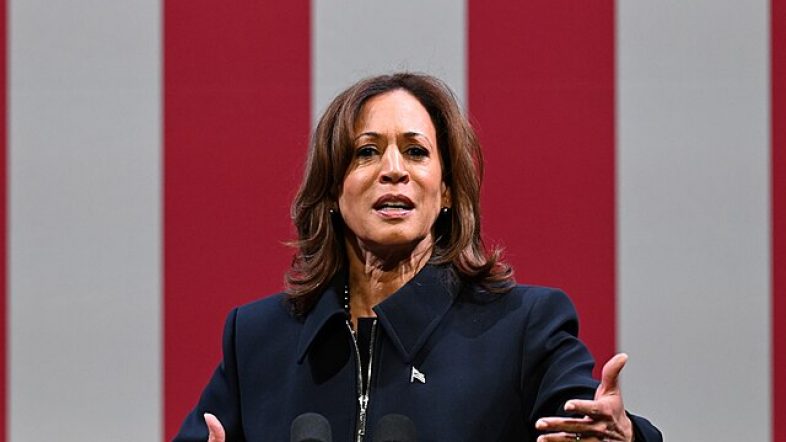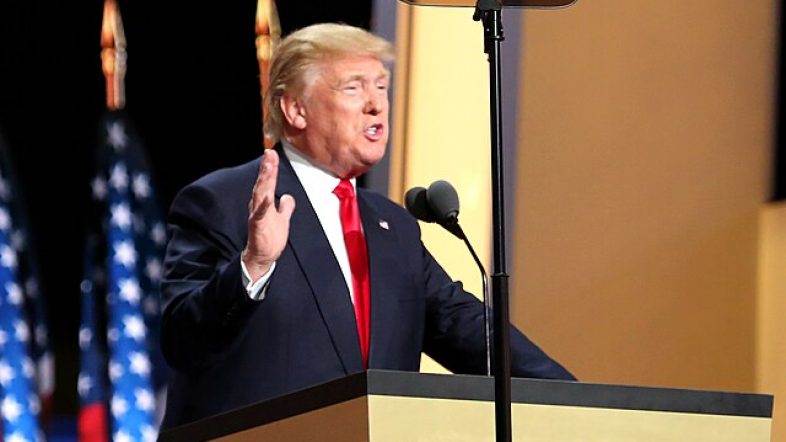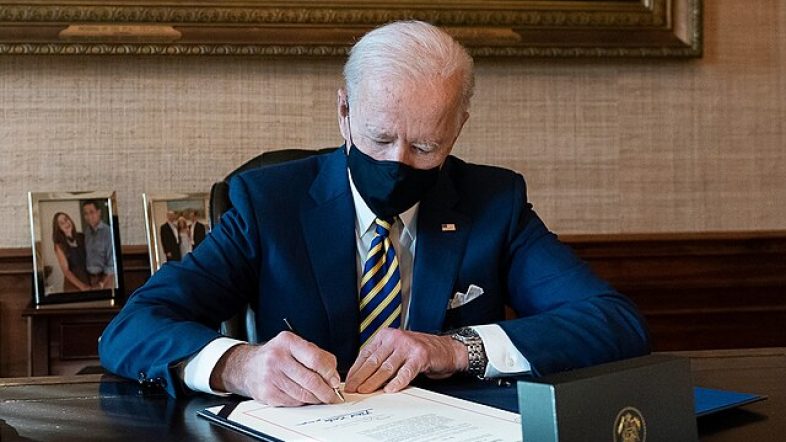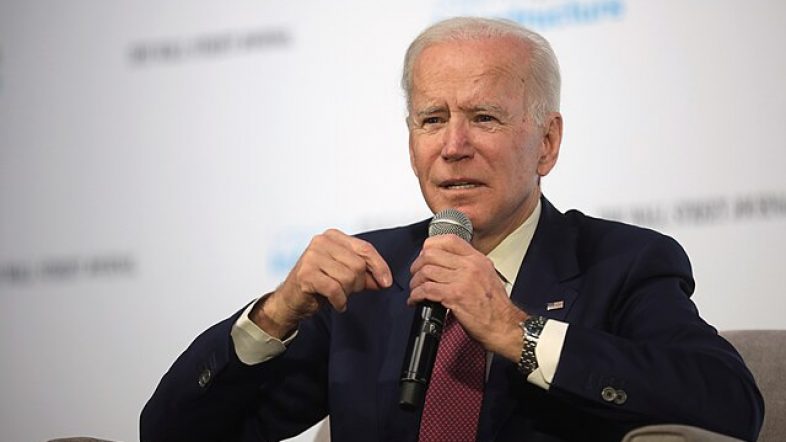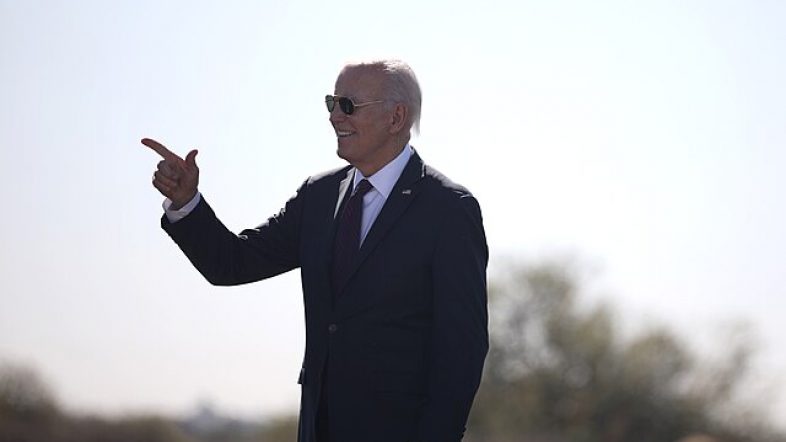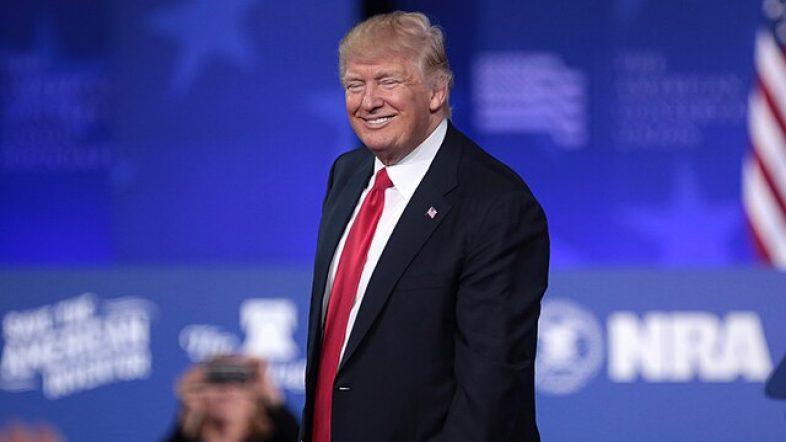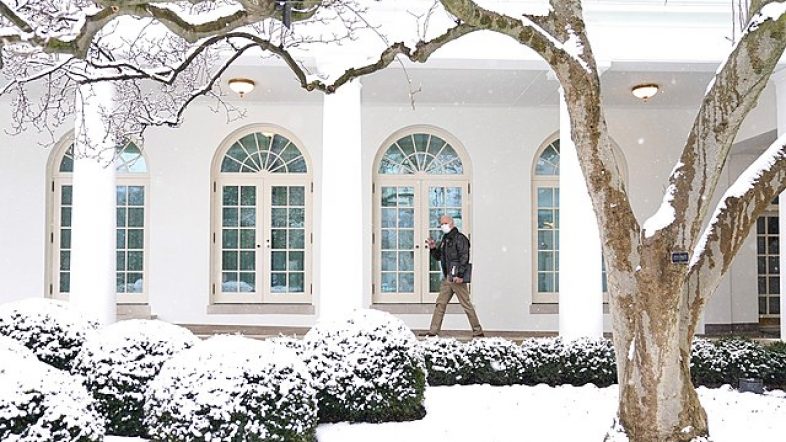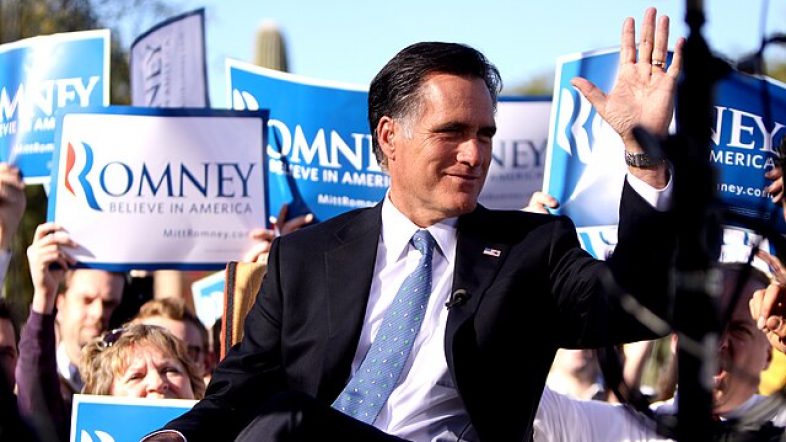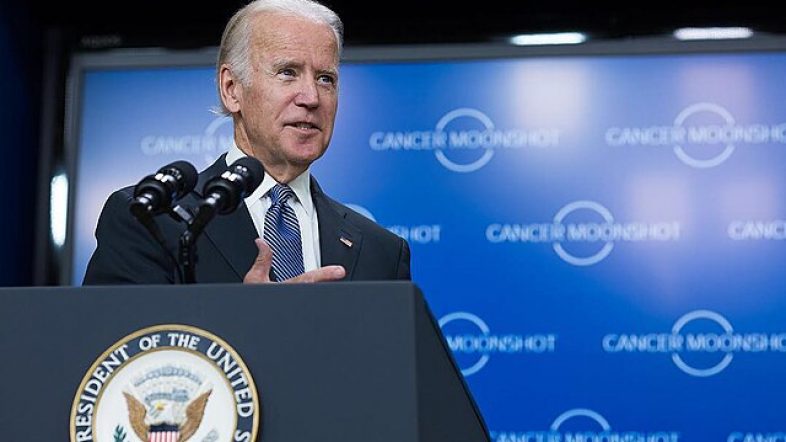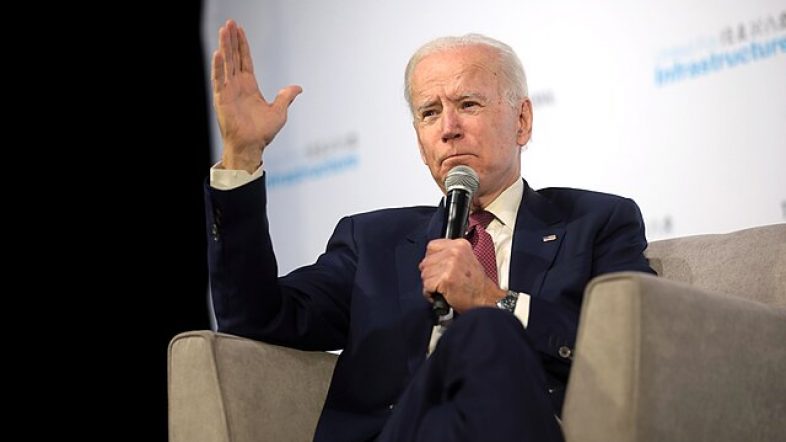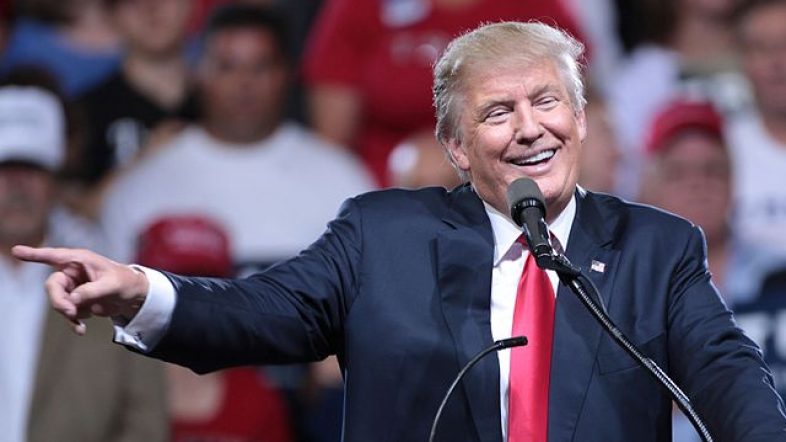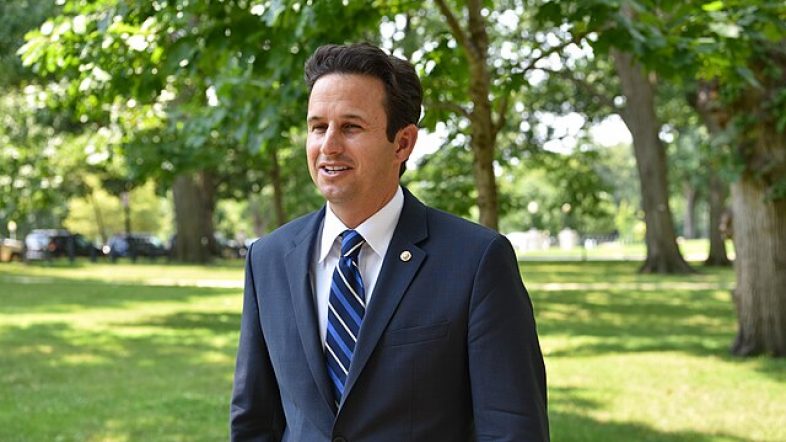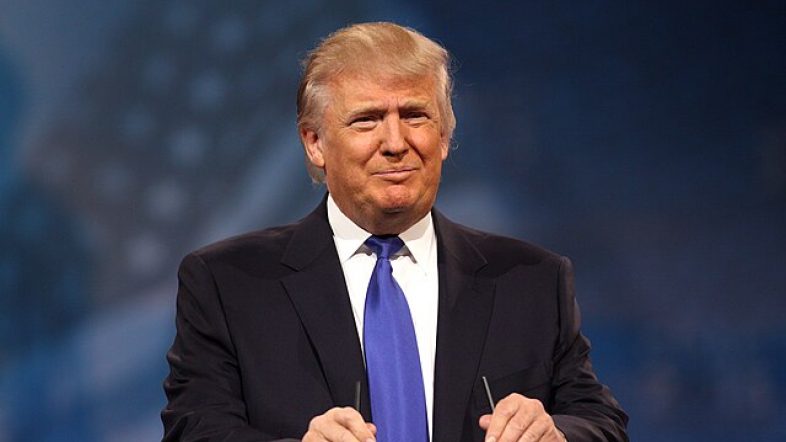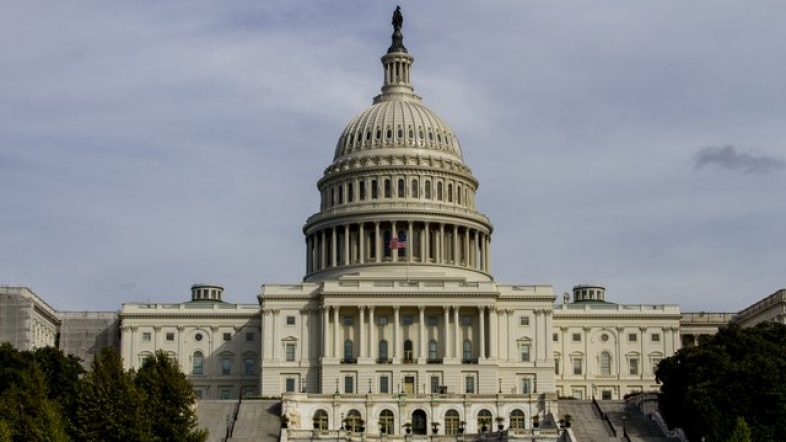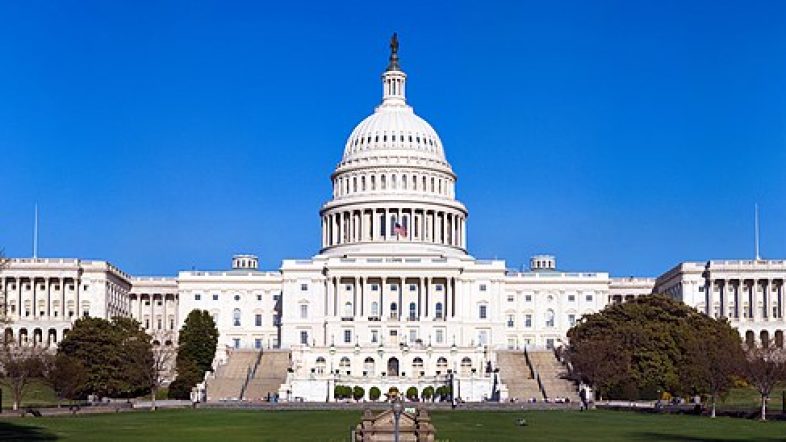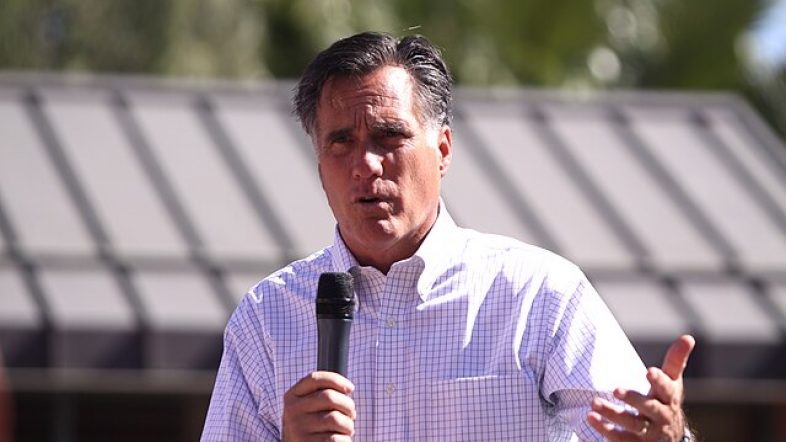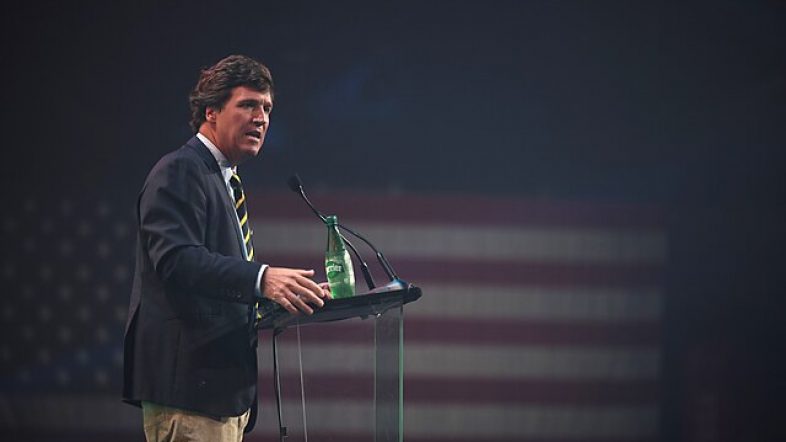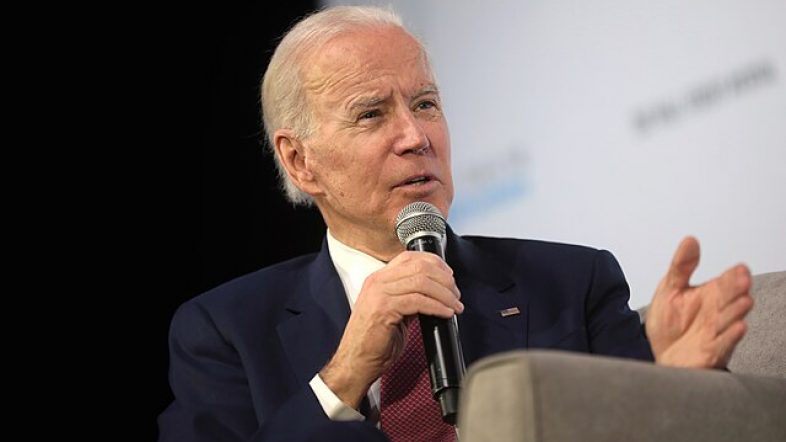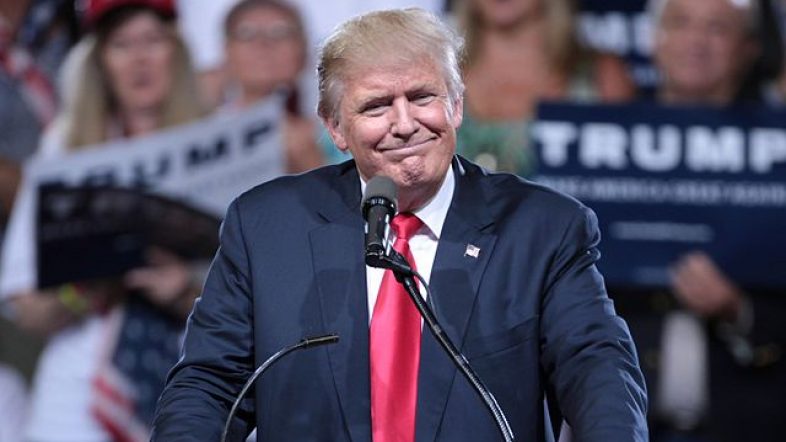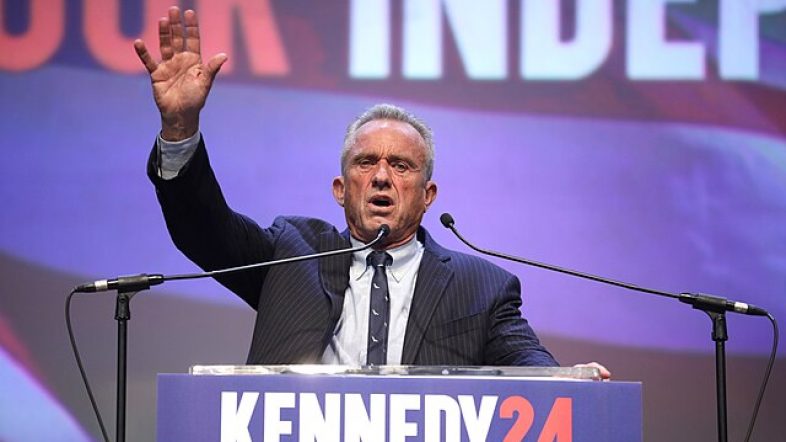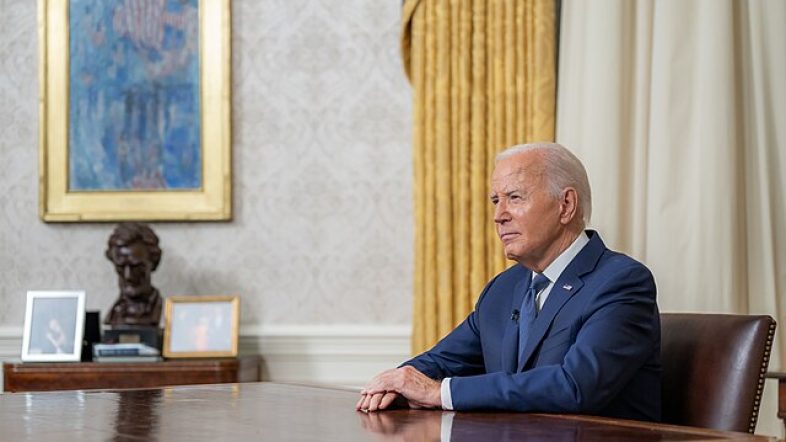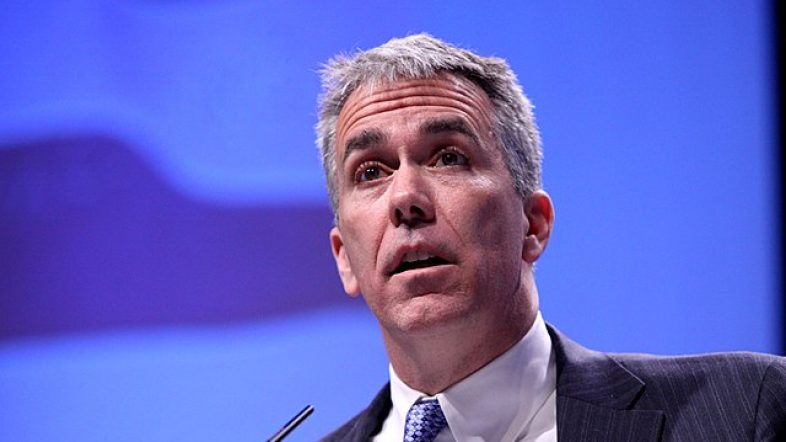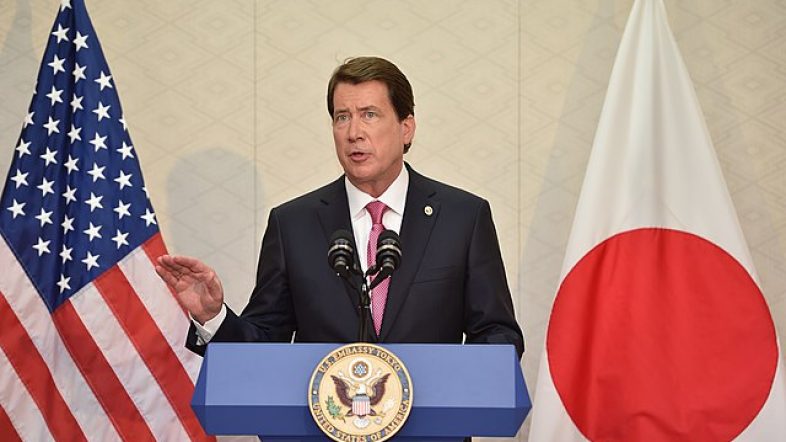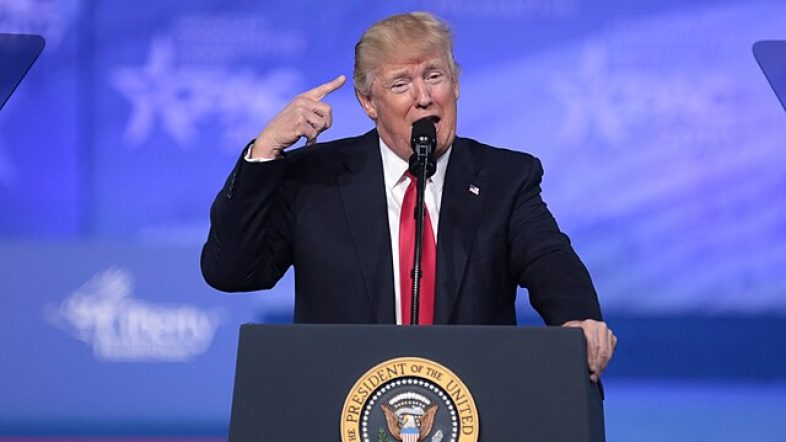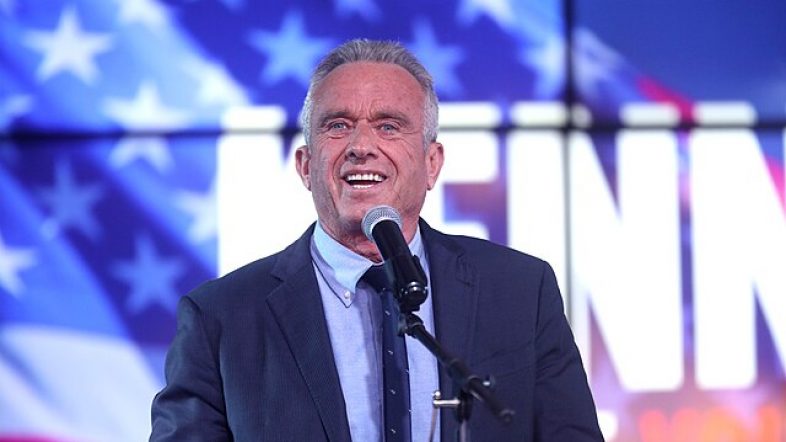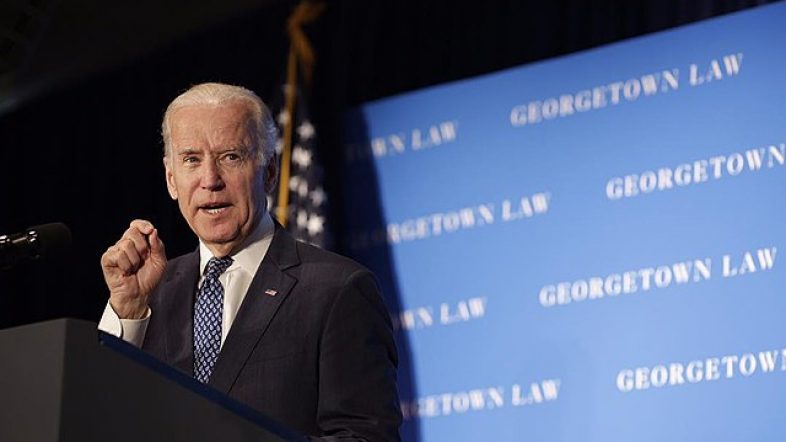Several Democrats who voted against a bill targeting TikTok because of free speech concerns have previously pushed to censor posts they oppose on social media sites.
The “Protecting Americans From Foreign Adversary Controlled Applications Act,” which would give TikTok’s Chinese parent company ByteDance five months to sell the app or face a ban, passed the House with a bipartisan 352-65 vote on Wednesday, with 15 Republicans and 50 Democrats voting against it. Some of the Democrats who voted against the bill on free speech grounds have a record of endorsing censorship against speech they find objectionable. (RELATED: Members Of Congress Propose Banning TikTok Nationwide)
“I don’t like bans on speech … so it’s going to be hard to support that one,” Democratic California Rep. Eric Swalwell said during a CNN interview before voting against the bill.
However, Swalwell has made multiple posts on social media pushing for speech crackdowns. For instance, when former President Donald Trump made a post railing against mail-in ballots ahead of the 2020 election, Swalwell posted, “We don’t have to read this trash. Report it as a dictator’s misinformation.”
“How can @twitter allow this hate speech?” Swalwell asked in 2022 about conservative commentator Todd Starnes’ post. “This *verified* guy is falsely blaming Afghans for the #ColleyvilleSynagogue standoff. The suspect WAS NOT Afghan. This false tweet will put targets on my Afghan constituents’ backs.”
Moreover, the California representative posted in 2015 that “hate speech isn’t free speech.”
Democratic Missouri Rep. Cori Bush advocated against a ban while stressing TikTok’s utility for networking and “building community” on Friday, before voting against the bill on Wednesday. The representative previously pushed for censorship on several occasions.
“News Flash @ElonMusk, your insatiable need for attention is endangering millions of lives,” Bush posted in December 2022. “Allowing Covid disinformation to run rampant is not free speech. It’s reckless.”
Bush in August 2022 also advocated for social media platforms to “stop the spread of disinformation” in response to alleged false information proliferating in Chile.
Furthermore, the representative said that it was necessary to enact legislation “to end bigotry & hate in all its forms” in response to “anti-trans rhetoric lead[ing] to anti-trans violence” following the alleged murder of a “non-binary Indigenous teenager.”
Democratic Reps. Ruben Gallego of Arizona and Pramila Jayapal of Washington each signed onto a letter in October 2023 pushing billionaire Elon Musk to bolster election censorship on his social media platform Twitter, now known as X. These representatives also voted against the TikTok bill Wednesday.
“Banning TikTok and limiting the freedoms of Arizonans before exploring other options is not the answer,” Gallego stated regarding his vote in opposition. “It’s vital we find a balance that both protects our national security interests and respects our fundamental rights. This is not that.”
“We do need to craft legislation that addresses the underlying issues with censorship by ByteDance, algorithm-targeted content at children, and security concerns while preserving constitutionally-protected expression and protecting Americans privacy,” Jayapal said. “I will work to make sure any final bill addresses these critical issues.”
The bill’s proponents argue it would mitigate national security threats posed by the app’s Chinese ownership.
Swalwell, Bush, Gallego and Jayapal did not immediately respond to the Daily Caller News Foundation’s request for comment.
Jason Cohen on March 13, 2024



